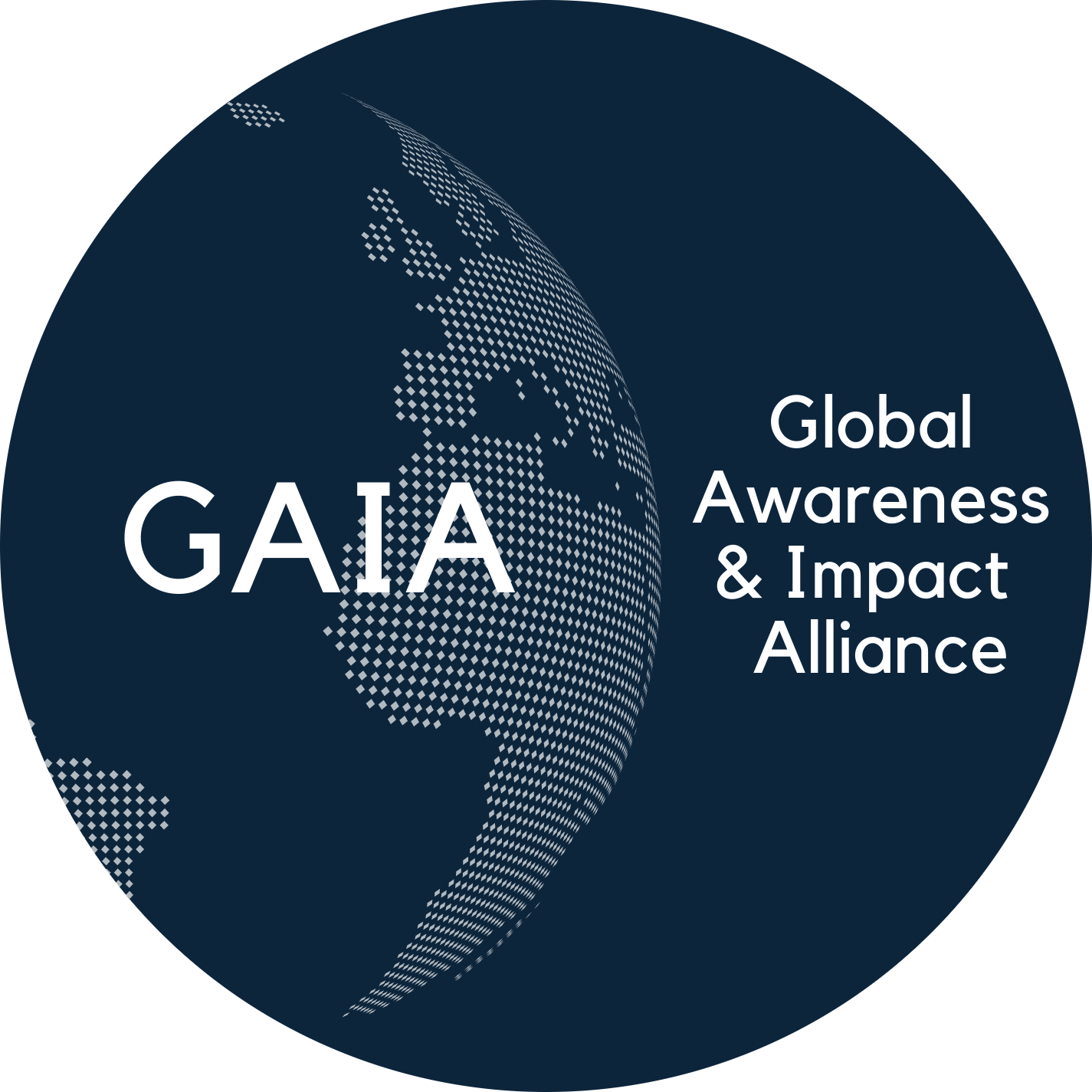Pacific Forum’s Maritime Discussion Series on ‘Maritime Crime and Interstate Rivalry in the Eastern Indian Ocean: The Next South China Sea?’
In partnership with the Yokosuka Council on Asia-Pacific studies (YCAPS), Pacific Forum - a non-profit foreign policy research institute based in Honolulu, Hawaii - presented their Maritime Discussion Series where military and civilian leaders, international experts, and scholars to discuss on the most pressing maritime challenges facing the Indo-Pacific region.
GAIA’s very own Dr. Asyura Salleh shared her thoughts and insights on Pacific Forum’s Maritime Discussion Series titled ‘Maritime Crime and Interstate Rivalry in the Eastern Indian Ocean: The Next South China Sea?’. Moderated by CFR-Hitachi International Affairs Fellow, John Bradford, the talk was also joined by Abhijit Singh, a Senior Fellow at the Observer Research Foundation (ORF) in India.
When examining maritime security, the South China Sea is naturally often the area that is most discussed about and where attention is directed to. Dr. Asyura explained that maritime security discourse should move beyond state competition for influence, that it should be seen as “a lifeline for many people across the region, with the ability to threaten or even support human and food security”. Illicit activities such as maritime drug trafficking and illegal, unreported, and unregulated (IUU) fishing — two under-explored types of maritime crime — have enormous repercussions for the livelihoods of coastal communities, the public health of regional countries, and the economic future of the Asia-Pacific. Weak rule of law, governance, and enforcement are factors affecting the frequency of these times and the extent of their impact on regional security.
Maritime security is, according to Dr. Asyura, an extension of developments that occur on land. The current global pandemic, for instance, serves to illustrate how the virus is worsening existing fissures on land which then produces spillovers in the activities and enforcement that occur in the maritime space. Therefore, it is imperative to view maritime security and developments on land as inextricable forces influencing each other; the solution to maritime threats can be identified by addressing factors rooted on land.
Dr. Asyura concluded her talk by emphasizing better information sharing and regional coordination to further stem illicit activities on sea, and that a whole-of-society approach — meaning the incorporation of the role of community members, nonprofits, private sectors, and local government units in maritime security issues — would guarantee the safety of our waters.
